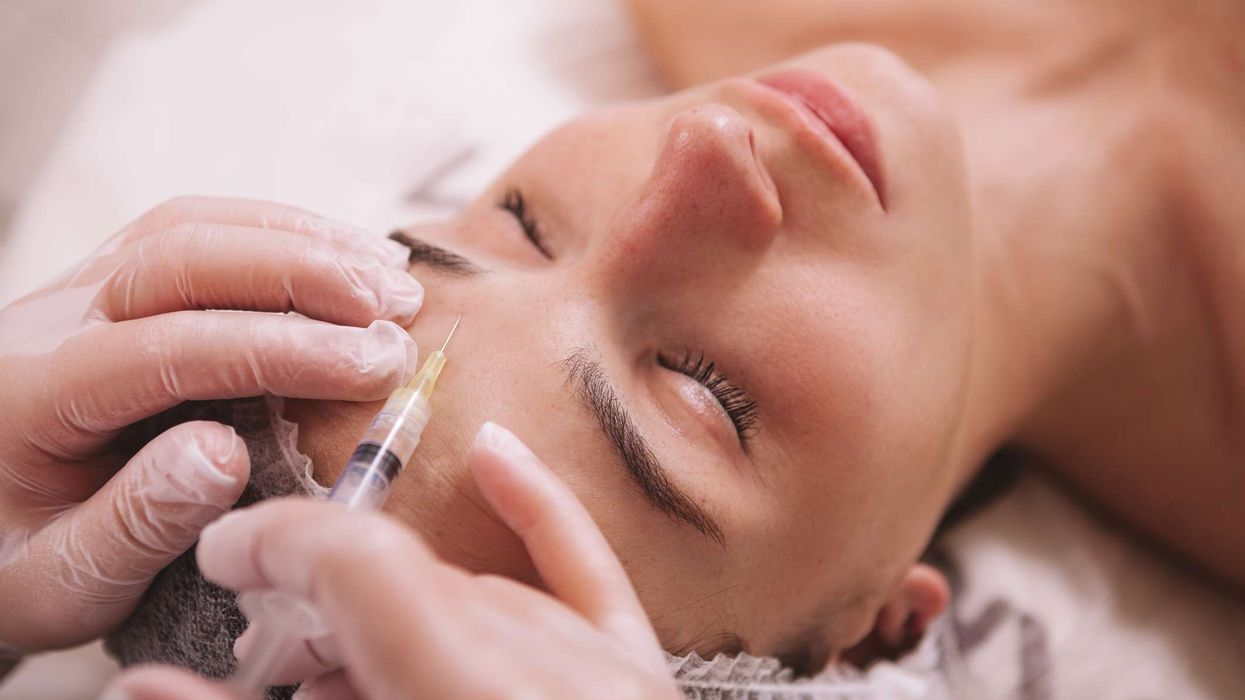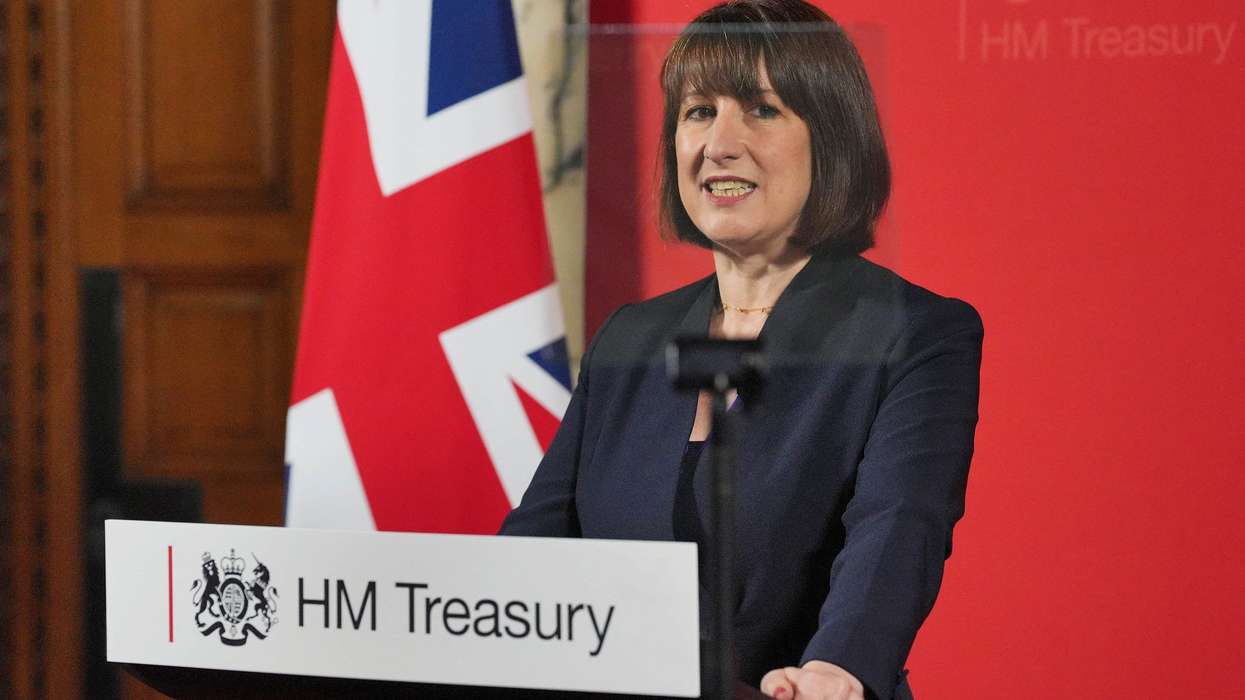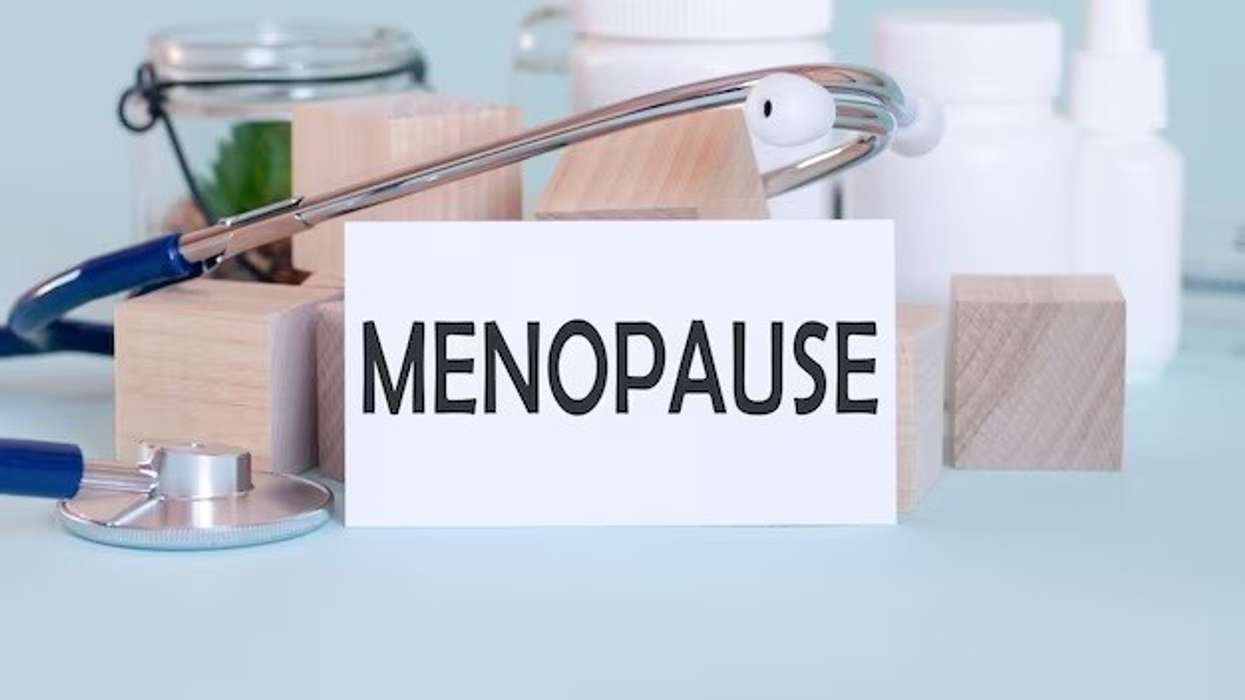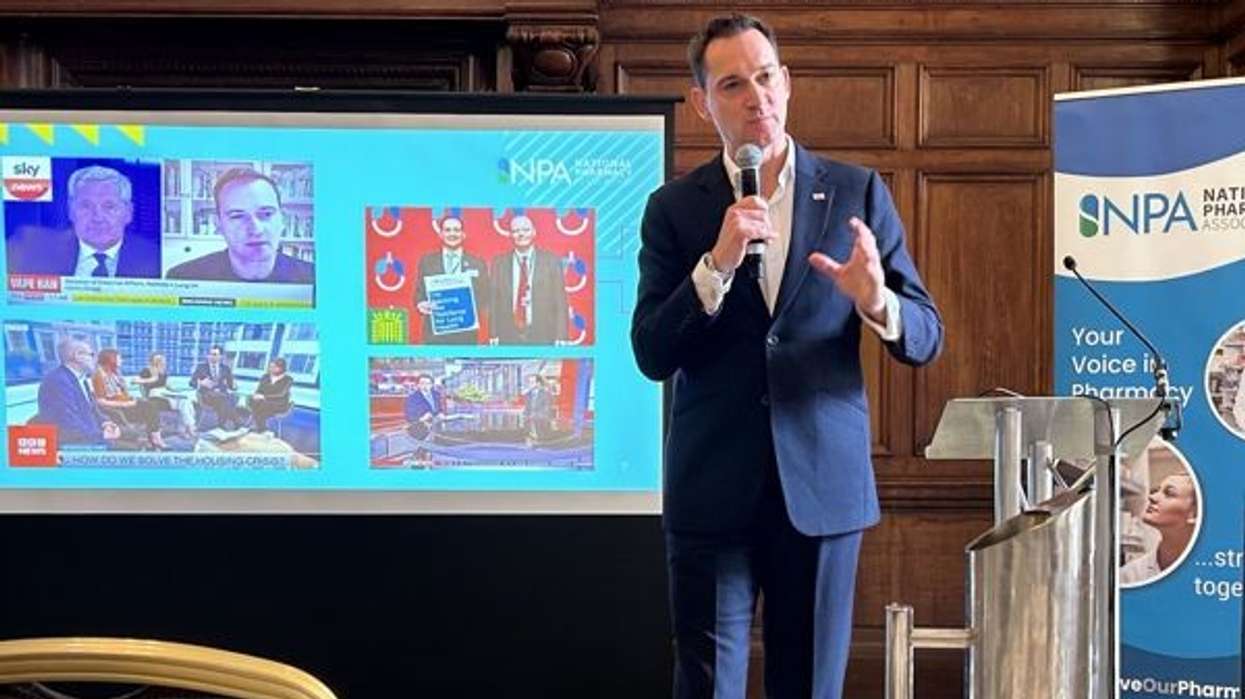Nurses and pharmacists have been supplying Botox without proper checks and putting patients' lives at risk, reports BBC.
An undercover investigation by the broadcaster found a nurse trading prescriptions over WhatsApp, a pharmacist coaching clients to falsify records, and a bogus doctor handing over Korean toxin vials for cash.
Posing as beauticians, the BBC investigators approached these people to investigate the illegal Botox trade.
Medical rules require an in-person consultation and prescription to check that Botox is suitable.
Skipping these safeguards puts patients at grave risk, with complications that sometimes even prove fatal.
The General Pharmaceutical Council (GPhC) has expressed concern over the findings and vowed to take action against violators.
GPhC chief enforcement officer Dionne Spence said they have sought details from the BBC and are investigating.
"We will take enforcement action against pharmacies, pharmacists, and pharmacy technicians when required to protect patient safety."
“Our guidance is clear that when providing non-surgical cosmetic medical products such as Botox, there needs to be a physical examination of the person to support a safe prescribing decision.
GPhC had recently updated its guidance to strengthen safeguards around the supply of medicines online, including those for weight management.
"They make it clear that the prescriber is expected to independently check the information given to them, including the person’s weight, height, and/or body mass index," Dionne added.
Botulinum toxin, commonly known as Botox, is a prescription-only medicine.
The law requires a doctor, dentist, nurse prescriber, or pharmacist to first examine the patient in person and issue a prescription confirming it is safe to proceed.
However, these injections are now being administered by some high-street beauticians, and the UKHSA claims that cases of botulism are on the rise.
The Medicines and Healthcare products Regulatory Agency (MHRA) had in August warned that those involved in the illicit trade of Botox could face prison.
The medicine watchdog has been cracking down on unlicensed botulinum toxin products following a spike in botulism cases across England.
The UK botulinum toxin market was worth about £115m in 2024 and is forecast to more than double (£295m) by 2031, says Precision Business Insights.












